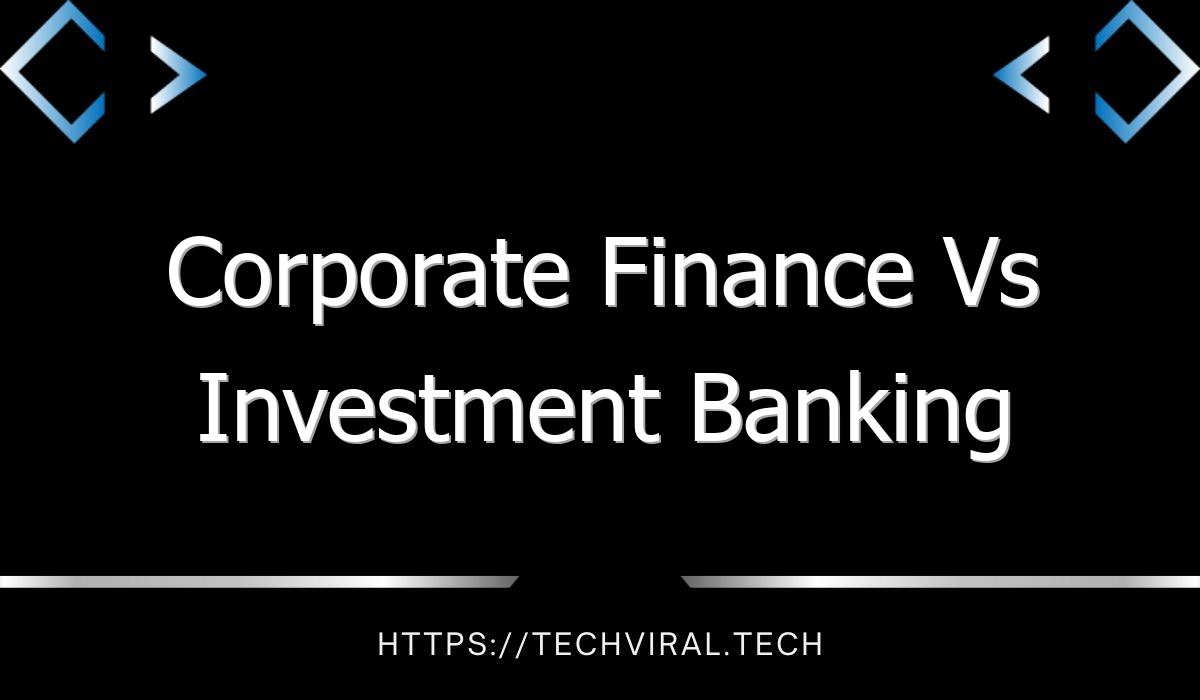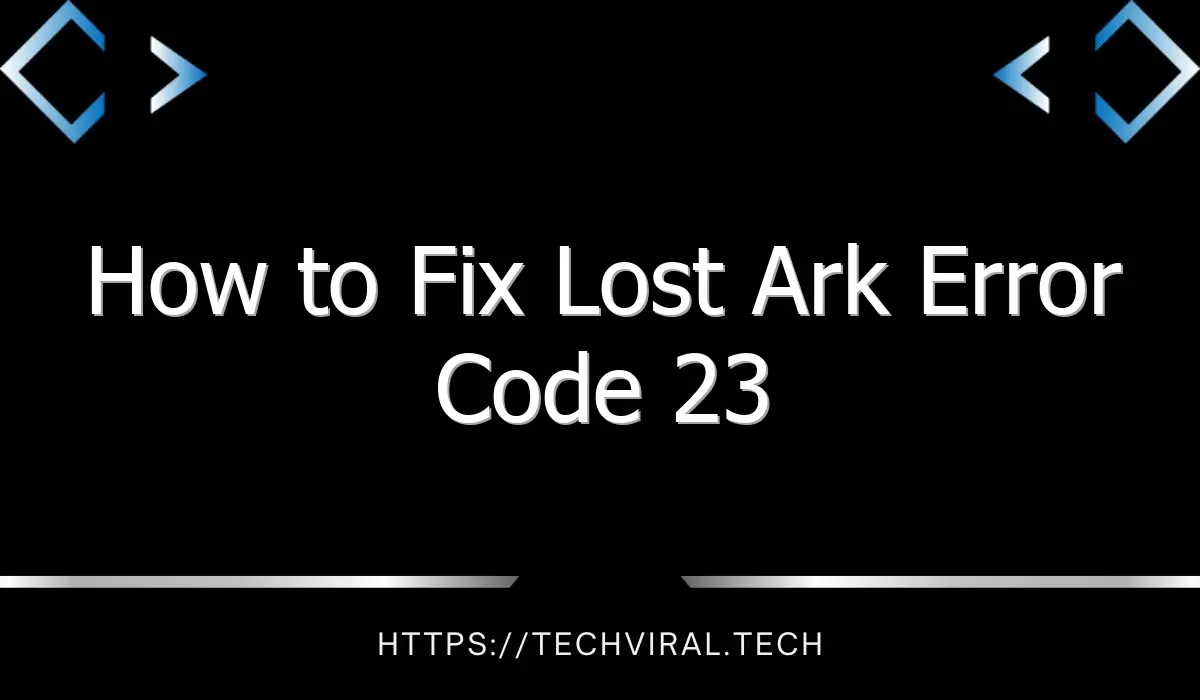Which CMS is Right For You – Drupal Vs WordPress?

If you’re in the market for a new CMS for your site, you may be wondering whether Drupal or WordPress is the better choice. These two popular CMS systems share many similar features and are easy to use. In this article, we will compare the pricing and installation of each.
Drupal vs WordPress
If you want to build a complex website with lots of features, Drupal is the best choice. It offers more control, but requires a lot of coding knowledge. WordPress users, on the other hand, can create sites as simple or as complex as they want. However, it is important to note that WordPress users can’t customize the site as easily as Drupal users can.
The key differences between WordPress and Drupal are in the level of complexity. While WordPress allows for the creation of basic websites with a minimal amount of customization, Drupal requires more technical skills. It requires an understanding of PHP, CSS, and HTML code. This can be a deterrent for those who don’t have time to learn coding.
Both WordPress and Drupal offer extensive community support. Both have online forums and official support groups. However, Drupal has a larger online community, which can help you resolve problems and find answers to your questions. There are also many resources available for WordPress on the Internet, like the official support page and forums.
Both Drupal and WordPress are free to download and install. While they aren’t very easy to use, they are both powerful and feature-rich. However, Drupal has a steep learning curve, while WordPress is more user-friendly. Both platforms offer a large library of plugins and modules.
Both are open-source and have a large community. Drupal, for instance, has an army of coders who constantly deal with security issues. On the downside, it requires a more technical background and more time to develop and maintain a site. While both are good options, choosing one depends on your requirements and your budget.
When it comes to SEO, WordPress is more SEO-friendly than Drupal. However, WordPress sites can be flagged as duplicate content, which can negatively impact your SEO rankings. If you’re not knowledgeable in SEO, you may find it challenging to make WordPress sites SEO-friendly.
If you’re looking for a website with a custom design, Drupal is the way to go. It allows users to use the vast library of themes and modules. It also features a flexible interface, which lets you add media to your content. Videos and images are automatically given responsive image styles and adapt to the width of the browser. Videos are also rendered embedded on the site.
Security is also important. Unlike WordPress, Drupal is more secure and has fewer vulnerabilities. It also has a more active community. However, while WordPress is generally secure, third-party plugins can create security issues. Third-party plugins make WordPress sites more vulnerable to malicious codes.
Drupal vs WordPress pricing
If you are planning to create a website, you might be wondering how much Drupal or WordPress will cost you. While both CMS platforms have their benefits, there are several differences between them in terms of pricing. For instance, Drupal is more expensive than WordPress, but it also offers a variety of more features and customization options. For larger businesses, Drupal can be an excellent choice. However, the cost of Drupal will depend on the type of website you are building, as well as the features you wish to add to it.
Choosing the right CMS for your website depends on the type of site you’re building and the amount of customization you require. While WordPress is a popular choice for blogs, Drupal is a long-time open-source project that offers more flexibility when building websites. Its bare-bones approach is particularly appealing to web developers.
Although Drupal is free to use, there are some costs associated with it, including hosting, domain name, and premium plugins and themes. However, WordPress is free to use and you can add third-party modules and plugins to customize it based on your needs. However, you might have to pay a few dollars per month for hosting, but this is not a deal-breaker.
Both Drupal and WordPress are self-hosted content management systems (CMS) written in PHP. Both platforms have millions of sites hosted on them. Founded in Belgium, Drupal originally developed as a way to store information for university students. Today, it has evolved into an open-source framework with a variety of features. Both are flexible and customizable, making them the ideal choice for many webmasters.
As a content management system, Drupal is the better choice for sites with high-quality content. It is also easy to learn and offers a wide range of themes and modules. It is also less expensive than WordPress, and allows you to create a site on a shoestring budget. If you’re a beginner, you might prefer WordPress because it’s easier to customize. However, if you’re looking for something more customized, Drupal might be the better choice.
For a custom WP website, a developer will charge you anywhere from 6 to 20k. For a Drupal website, this amount will vary depending on the features you need and the type of content you’d like to create. A standard Drupal project can take six to eight weeks to develop and requires regular maintenance.
In terms of security, Drupal is a better choice. While WordPress can get by with the right precautions, Drupal has a more robust security system. In addition to that, it does not use third-party extensions by default. Choosing the right CMS for your website depends on your business’s goals and needs. The two CMS platforms are similar in terms of features and functionality, but each has its pros and cons. Before deciding which one to use, you should plan how the website will be used, and whether the site should be made for simple or advanced functions.
Drupal vs WordPress installation
While both are great CMSs, there are a few key differences between the two: WordPress is easily configured and ready to go, while Drupal has more customizable features. It also allows more granular control over the output of the site through the use of modules. Drupal is also much more flexible and scalable, making it a great choice for both small projects and big sites.
One of the most significant differences is in how the software is installed. If you’re building a small site, WordPress is an easy solution. But if you’re building an enterprise website, Drupal is the way to go. The installation process for Drupal is more complicated, but it’s also more flexible.
In addition to that, Drupal is much more customizable, so it’s a better choice for those with minimal coding experience. However, you’ll need a developer to customize it beyond its basic level. It’s not as easy as installing WordPress, so you may need to hire a developer to get started.
Another major difference between Drupal and WordPress installation is security. While WordPress is much safer and more secure, Drupal’s ecosystem of themes and plugins is smaller. This means that hackers are less likely to target Drupal sites. But if security is an important factor to you, don’t forget to secure your site. The core of WordPress is incredibly secure, but make sure you vet all your plugins and themes.
Despite the differences in terms of security, Drupal is much more versatile than WordPress. For example, the latest version of Drupal has built-in multi-language support, whereas WordPress requires third-party plugins. Drupal’s taxonomy system is much more flexible, making it ideal for websites with a lot of content. Nevertheless, WordPress is much easier to use than Drupal. With WordPress, you can find a niche-specific theme and build a website in just an afternoon.
Drupal allows you to use different content types and display them differently. In addition to this, there are also many more display options. You can choose whether to have a hierarchy or not, or to use fewer modules. In addition, you can use fewer modules and make them look like a core part of the site.




